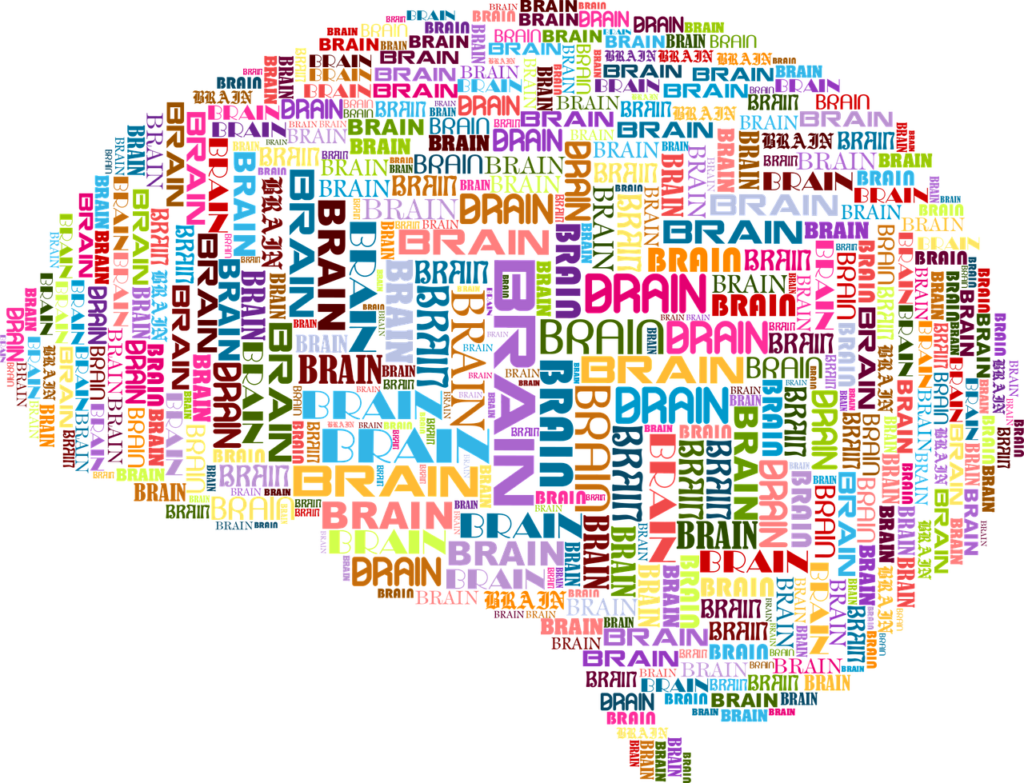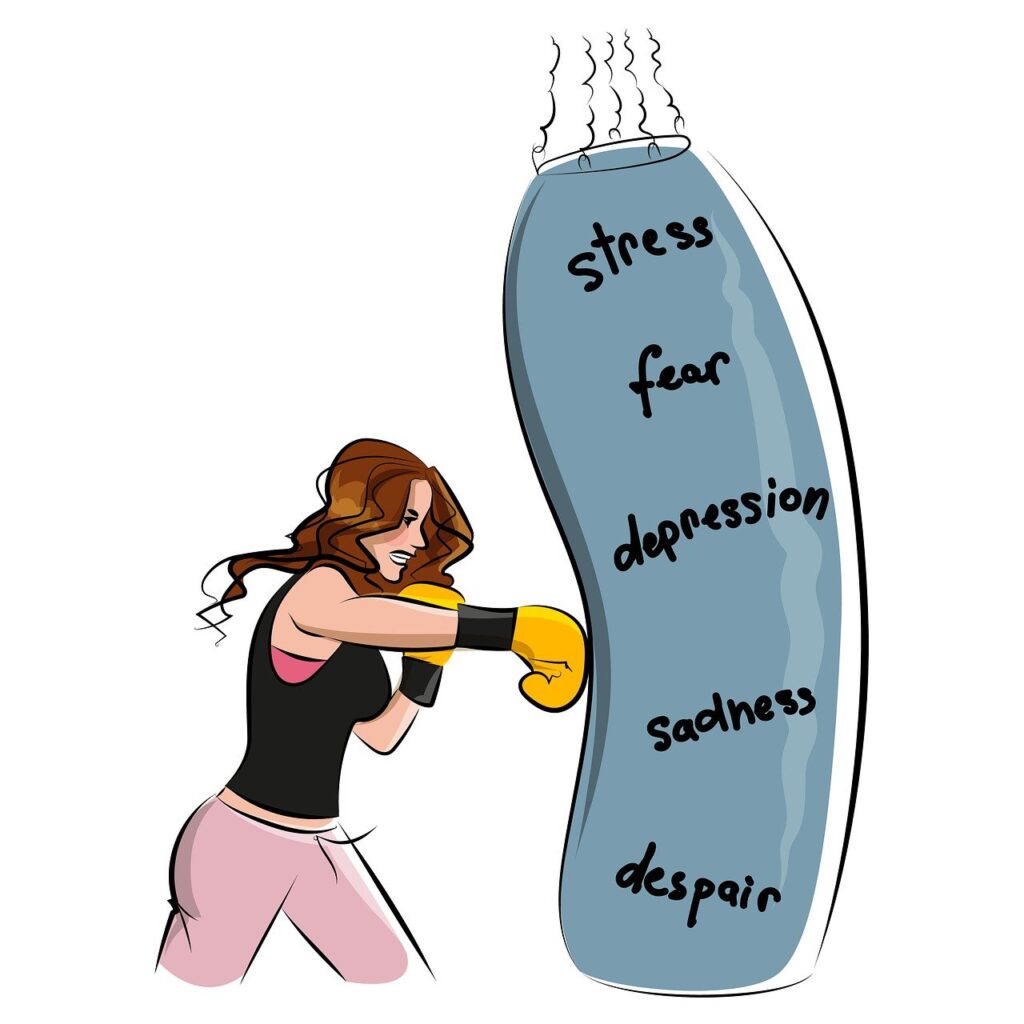Introduction
Mental health is as vital as physical health. Yet, it often takes a back seat in our fast-paced lives. With the increasing pressures of modern life, stress and anxiety have become prevalent issues affecting millions worldwide. This article aims to provide effective strategies for managing stress and anxiety, helping you lead a healthier, more balanced life.

Understanding Stress and Anxiety
Definition of Stress
Stress is the body’s reaction to any change that requires an adjustment or response. It can be triggered by both positive and negative experiences.
Definition of Anxiety
Anxiety is a feeling of fear, dread, and uneasiness. It might cause you to sweat, feel restless and tense, and have a rapid heartbeat.
Common Symptoms
- Stress: Headaches, muscle tension, fatigue, sleep problems.
- Anxiety: Nervousness, increased heart rate, rapid breathing, sweating.
Causes and Triggers
Stress and anxiety can be caused by various factors, including work pressure, financial issues, relationship problems, and major life changes.
The Impact of Stress and Anxiety
Physical Health Effects
Chronic stress and anxiety can lead to serious health issues such as heart disease, high blood pressure, diabetes, and other illnesses.
Mental Health Effects
Long-term stress and anxiety can contribute to mental health disorders such as depression and anxiety disorders.
Social and Professional Impact
These conditions can affect your social interactions and work performance, leading to isolation and decreased productivity.
Identifying Your Stress and Anxiety Triggers
Self-awareness and Mindfulness
Understanding what triggers your stress and anxiety is the first step in managing it. Mindfulness can help you become more aware of your thoughts and feelings.
Common Triggers
Common triggers include work deadlines, financial worries, and personal relationships.
Keeping a Journal

Writing down your thoughts and feelings can help you identify patterns and triggers, making it easier to manage them.
Effective Stress Management Techniques
Exercise and Physical Activity
Regular physical activity can help reduce stress hormones and improve your mood.
Healthy Eating Habits
A balanced diet can have a significant impact on your stress levels. Avoiding caffeine and sugar can help maintain a steady mood.
Adequate Sleep
Getting enough sleep is crucial for managing stress. Aim for 7-9 hours of sleep per night.
Relaxation Techniques
Techniques such as deep breathing, progressive muscle relaxation, and yoga can help reduce stress and anxiety.
Cognitive Behavioral Techniques
Understanding CBT
Cognitive Behavioral Therapy (CBT) is a type of psychotherapy that helps individuals change negative thought patterns.
How CBT Helps with Stress and Anxiety
CBT teaches practical strategies to manage stress and anxiety by changing the way you think and behave.
Practical CBT Exercises
Exercises such as thought recording and behavioral experiments can help you challenge and change negative thoughts.
Mindfulness and Meditation
Benefits of Mindfulness
Mindfulness can help reduce stress and improve overall well-being by keeping you focused on the present moment.
Simple Mindfulness Exercises
- Breathing exercises: Focus on your breath to calm your mind.
- Body scan: Pay attention to different parts of your body to release tension.
Guided Meditation Techniques
Listening to guided meditation recordings can help you relax and focus your mind.
Building a Support System
Importance of Social Support
Having a support system can provide emotional comfort and practical help.
Communicating with Loved Ones
Open communication with friends and family can help you share your feelings and receive support.
Seeking Professional Help
A mental health professional can provide you with the tools and strategies to manage stress and anxiety effectively.
Time Management Strategies
Prioritizing Tasks
Focus on the most important tasks first to reduce stress.
Setting Realistic Goals
Set achievable goals to avoid feeling overwhelmed.
Avoiding Procrastination
Breaking tasks into smaller steps can help you avoid procrastination.
Healthy Lifestyle Choices
Avoiding Substances
Avoiding alcohol, caffeine, and nicotine can help reduce anxiety levels.
Balancing Work and Leisure
Make time for activities you enjoy to balance the demands of work and personal life.
Pursuing Hobbies and Interests
Engaging in hobbies can provide a sense of fulfillment and reduce stress.
Developing Resilience
What is Resilience?
Resilience is the ability to bounce back from adversity.
Building Mental Strength
Practicing positive thinking and facing challenges head-on can build mental resilience.
Techniques to Enhance Resilience
- Stay connected: Maintain strong relationships.
- Stay flexible: Adapt to change.
- Stay positive: Focus on the positives in life.
Stress and Anxiety in the Workplace
Recognizing Workplace Stress
Identify signs of stress at work, such as irritability and decreased productivity.
Strategies for Managing Stress at Work
Take regular breaks, set boundaries, and communicate with your employer about your needs.
Communicating with Employers
Open communication with your employer can help you manage your workload and reduce stress.
Dealing with Severe Anxiety
When to Seek Professional Help
If anxiety interferes with your daily life, it’s essential to seek professional help.
Treatment Options
Treatment options include therapy, medication, and lifestyle changes.
Support Groups and Resources
Joining support groups can provide a sense of community and shared experience.
Maintaining Long-Term Mental Health
Regular Self-Care Routines
Incorporate self-care activities into your daily routine.
Continual Self-Assessment
Regularly assess your mental health to catch any issues early.
Staying Informed and Proactive
Stay informed about mental health strategies and be proactive in managing your mental well-being.

Conclusion
Managing stress and anxiety is crucial for maintaining overall health and well-being. By understanding your triggers, implementing effective strategies, and seeking support, you can lead a more balanced and fulfilling life. Remember, mental health matters just as much as physical health.
FAQs
How can I tell if my stress levels are too high?
If you experience persistent symptoms such as headaches, fatigue, and irritability, it might be a sign that your stress levels are too high. Consider seeking professional help if these symptoms persist.
What are some quick ways to reduce anxiety?
Quick ways to reduce anxiety include deep breathing exercises, taking a short walk, or practicing mindfulness.
How does exercise help with stress?
Exercise helps reduce stress by releasing endorphins, improving mood, and providing a distraction from worries.
Can diet affect my mental health?
Yes, a balanced diet can significantly affect your mental health. Eating nutritious foods can help stabilize your mood and energy levels.
When should I see a therapist for anxiety?
If anxiety interferes with your daily life and self-help strategies aren’t effective, it’s a good idea to see a therapist for professional support.

